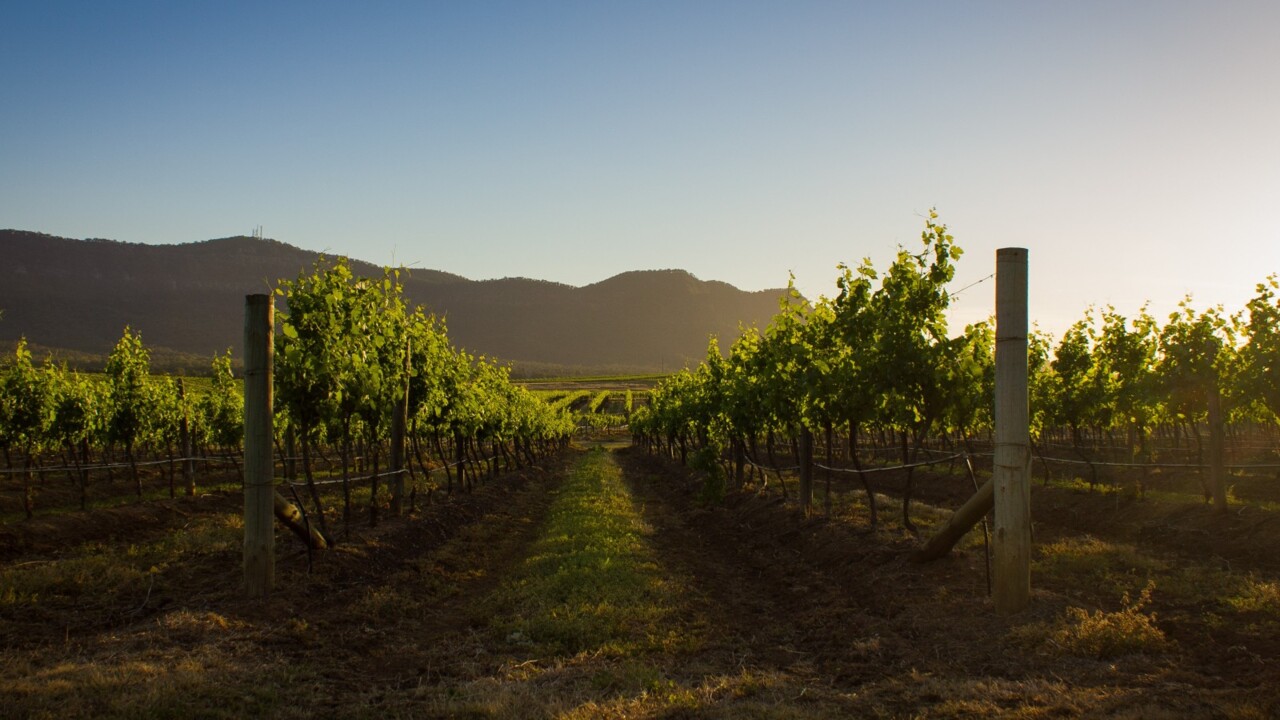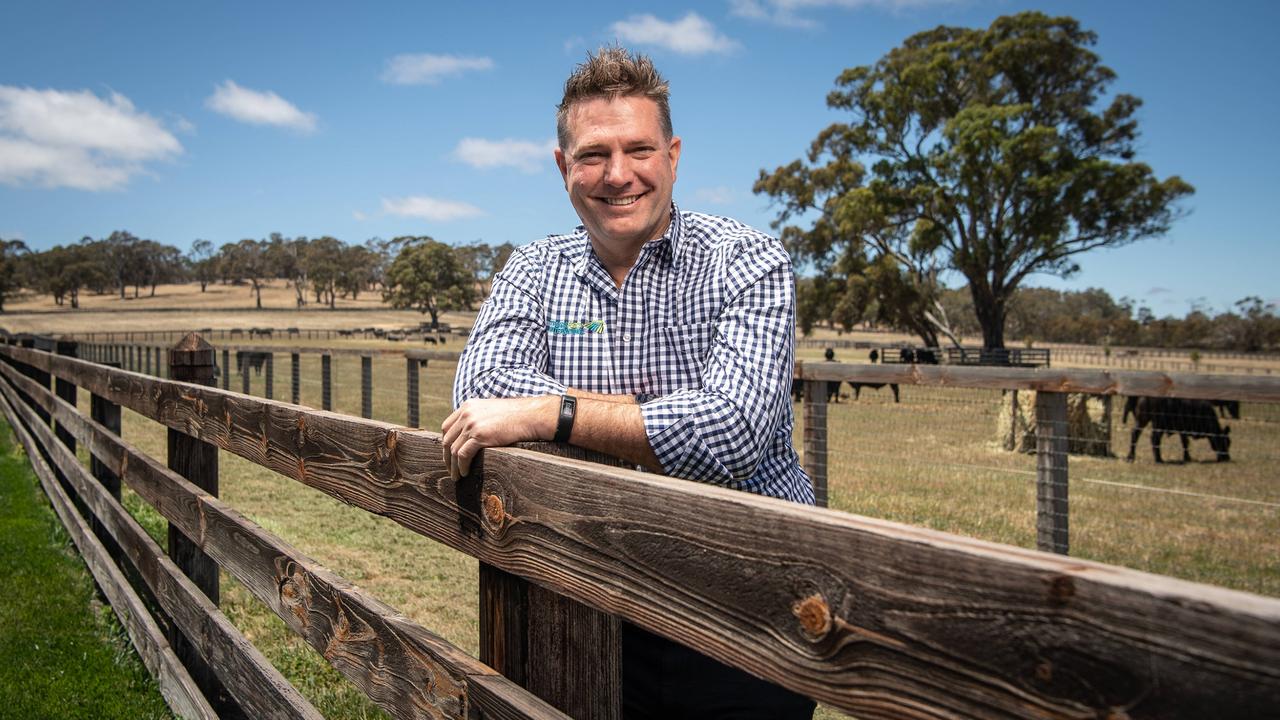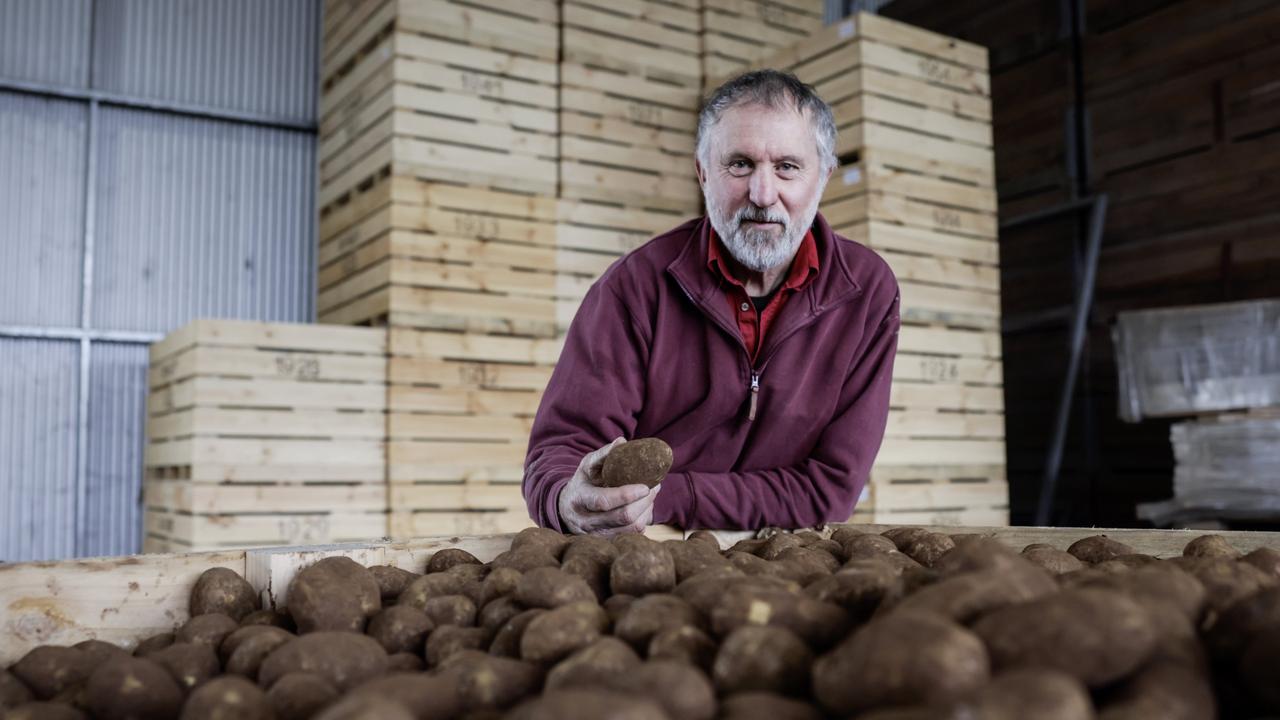FTA talks stall as EU and Australia fail to reach agreement
Export-market access for agricultural products remains a sticking point as Aussie and EU negotiators fail to hammer out a free-trade deal.

Australian and European Union negotiators have failed to reach agreement on a planned free-trade deal after snap talks could not break a deadlock over EU access for agricultural commodities.
Both sides had hoped this week to conclude talks that began in 2018, but ultimately the EU did not increase key commodities quotas, particularly beef, able to be sold into European markets under an FTA.
National Farmers’ Federation chief executive Tony Mahar said the agriculture industry supported the governnment’s decision to reject “a substandard deal” in what continues to be a tough negotiation.
“We’re hopeful that with some grit and goodwill from both sides we can get this thing done in a way that benefits everyone, including Aussie farmers,” he said.

Australia’s Trade Minister Don Farrell said negotiations would continue behind the scenes with the parties hopeful of resuming talks in August.
“Australia needs meaningful access to European markets. I’m optimistic... we’re going to get there,” he told media.
In recent horse-trading, Australia had offered to increase EU access to the nation’s stockpile of critical minerals Europe needs for manufacturing; loosen work, study and migration visa requirements into Australia for EU citizens; and relax its hard-line stance on “the emotional issue” of geographical indications to get a deal done.
Agriculture Minister Murray Watt also previously told The Weekly Times that Australia would not settle for less market access than other countries, including Canada, boasted under trade deals with Europe.
A European Commission representative told media after today’s round of talks that, while the parties made progress, “more work is required to address key outstanding issues”.
“We regret it was not possible to conclude our talks with Australia this week,” he said.
It is believed European negotiations increased quotas for some commodities on Monday night but not enough to see Australia agree to the deal.
EU’S DEFORESTATION LAWS SPARK FARMER CONCERN
Meanwhile, Australian farmers could be forced to secure individual licences to trade with Europe, under the EU’s new deforestation laws.
The situation was discussed on Friday at a special briefing between the federal Department of Agriculture, Australia’s agriculture representative in Brussels, and industry groups including Cattle Australia, the National Farmers’ Federation and Meat and Livestock Australia.
The European laws will outlaw the importation into Europe of any goods produced in areas deforested after a cut-off date of December 31, 2020, prompting Australian farmers to scramble to understand how the stricter environmental controls could make the export of commodities such as beef, lamb, pork, goat and poultry meat much more difficult.
NFF vice president David Jochinke said: “What we’re hearing is that this may now require us to drill down to the property level to verify a farm’s deforestation status along the supply chain.”

“Obviously that’s the worst possible scenario. It’s a pretty alarming path they’re walking down,” he said.
“We’re potentially talking about a whole new system of verification and attaching that data to products through processing and export.
“That means more cost and more compliance – the bulk of which could well land with farmers, if it is even plausible.”
It comes Australia this week signed up to the “Climate Club” – an alliance of nations, including the US and UK, pushing for net zero emissions and industry decarbonisation by 2050.
Mr Mahar is believed to have asked Mr Farrell on Monday to consider how the deforestation laws would impact the export potential of Australian producers before signing any free-trade deal.
Mr Mahar feared the deforestation laws – that target pastoral grazing while providing some exemptions for certain farming activities – read together with a sub-optimal FTA, “could be a significant step backwards for our trade relationship”.
Cattle Australia chair David Foote, who attended Friday’s meeting, said it was unclear how deep the repercussions of the EU laws would be for local livestock producers, but that “there is no doubt it will have a significant impact on Australia’s ability to grow in that market”.
There is also uncertainty over how the agricultural land exemption will be applied where there is a break or change in land use.
Mr Jochinke claimed the European laws deviated from Kyoto baselines used to establish Australia’s regulatory regimen.
“We’re largely free to manage post-1990 regrowth, but the Europeans are drawing that line at 2020. That makes a huge difference,” he said.

“The Australian government needs to push that message hard on our behalf. What we don’t need is regulators in Brussels dictating how we manage our unique natural resources from the other side of the planet.”
The federal government was contacted for comment.
More Coverage
Originally published as FTA talks stall as EU and Australia fail to reach agreement




